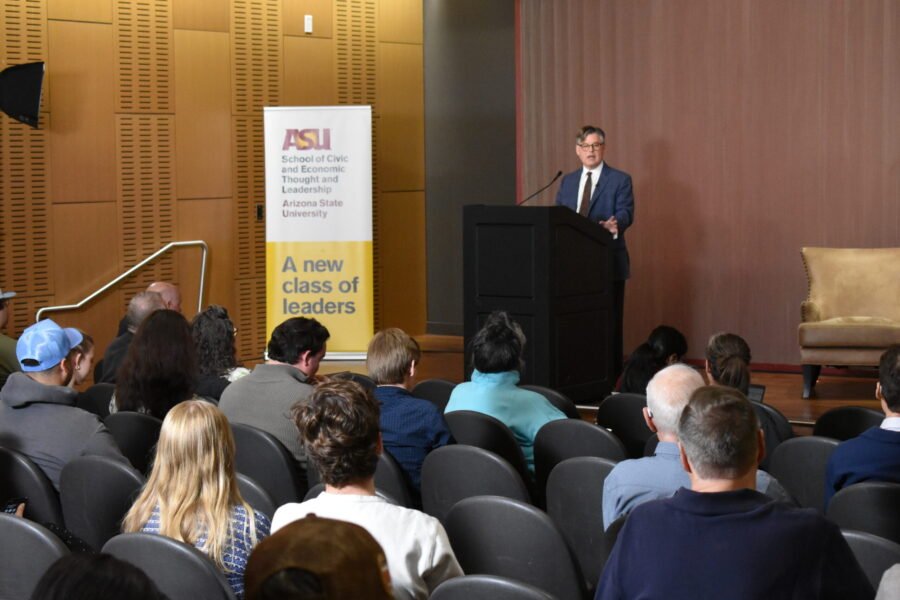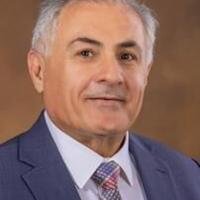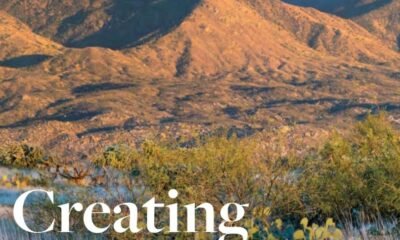ASU
ASU’s Conservative-Backed Initiative Champions Comprehensive Civic Education

Arizona State University (ASU) has made strides in civic education with the establishment of the School of Civic and Economic Thought and Leadership (SCETL), following a directive from former Governor Doug Ducey and the state Legislature nearly a decade ago. The initiative aimed to broaden academic discourse on campus, and Paul Carrese, recruited from the U.S. Air Force Academy, became its founding director.
The program, launched in 2017, was formed by merging two existing centers at ASU: the Center for the Study of Economic Liberty and the Center for Political Thought and Leadership. Despite facing criticisms due to its origins and initial funding from the Charles G. Koch Foundation, Carrese emphasizes the school’s role in enhancing civic education at the university level. “There were other centers at various universities, but none had the distinct status and funding of a dedicated academic department,” he noted.
SCETL offers courses that delve into America’s political and constitutional history, economic thought, and philosophical frameworks, employing the Socratic method to foster rich discussions. The program has also initiated the “Civil Discourse” project, which features speakers from diverse ideological backgrounds to explore critical topics like race, justice, and campus conformity.
Critics, including former ASU faculty member Matthew Garcia, have voiced concerns regarding the school’s potential bias towards conservative viewpoints. However, Carrese insists that SCETL actively promotes intellectual diversity, inviting a mix of speakers across the political spectrum. “We bring in viewpoints from all sides,” he stated, countering claims of a singular ideological narrative.
Although some criticism remains, Carrese observes a shift in perception, noting increased bipartisan support for the school, including continued backing from Democrat Gov. Katie Hobbs. The expansion of degree programs at SCETL reflects its growing acceptance and relevance in academia, as similar institutions begin to emerge at universities nationwide.
Students, like Hannah Falvey, highlight the program’s importance in cultivating debate and critical thinking. Graduating in May, Falvey has felt empowered by SCETL’s approach to respectful discourse. “If we don’t learn to have these conversations, important questions will go unasked,” she warned, underscoring the urgent need for dialogue in today’s society.


















